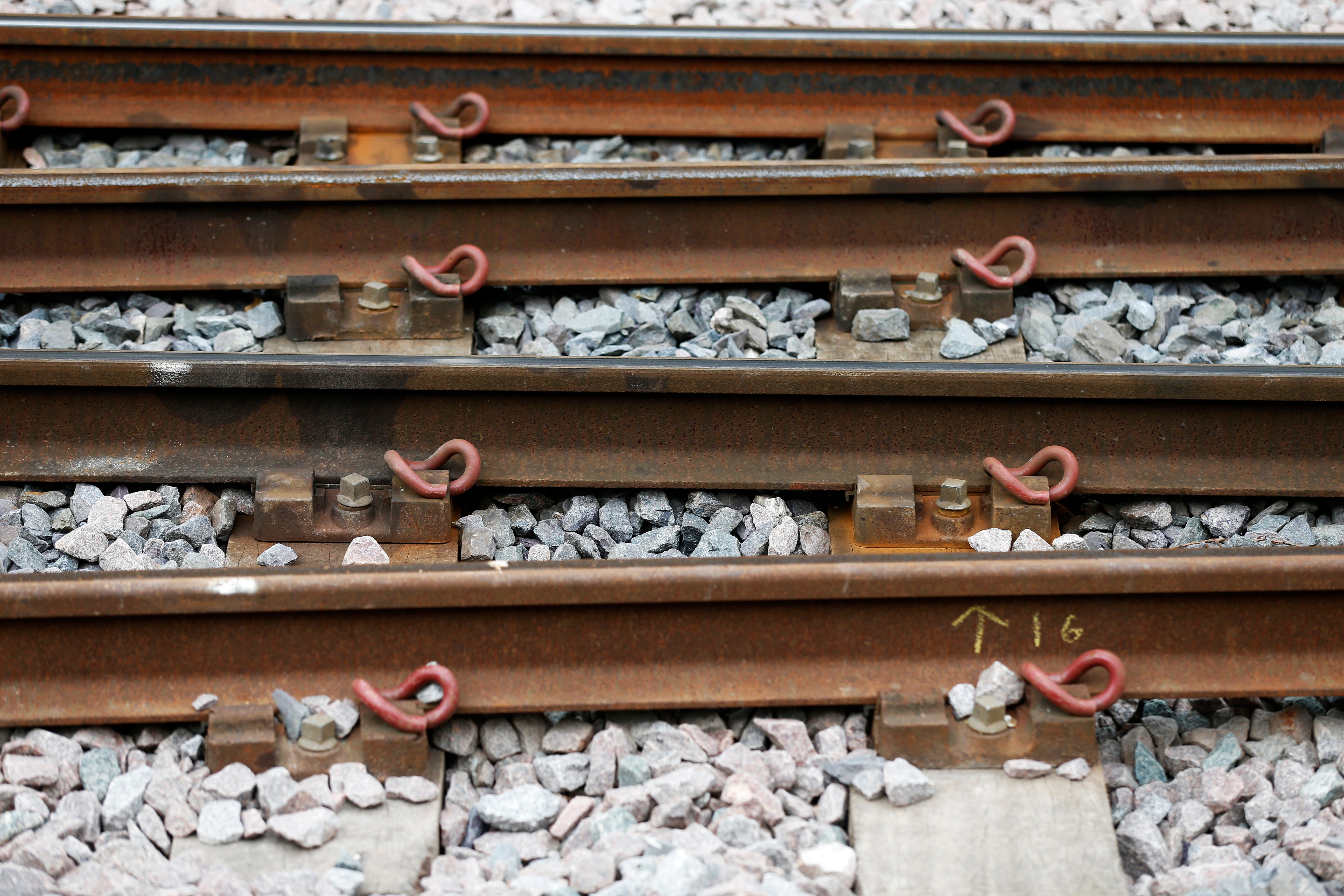Warning over heatwave transport disruption
Network Rail is preparing to introduce speed restrictions to reduce the likelihood of tracks buckling.

Your support helps us to tell the story
From reproductive rights to climate change to Big Tech, The Independent is on the ground when the story is developing. Whether it's investigating the financials of Elon Musk's pro-Trump PAC or producing our latest documentary, 'The A Word', which shines a light on the American women fighting for reproductive rights, we know how important it is to parse out the facts from the messaging.
At such a critical moment in US history, we need reporters on the ground. Your donation allows us to keep sending journalists to speak to both sides of the story.
The Independent is trusted by Americans across the entire political spectrum. And unlike many other quality news outlets, we choose not to lock Americans out of our reporting and analysis with paywalls. We believe quality journalism should be available to everyone, paid for by those who can afford it.
Your support makes all the difference.Soaring temperatures are expected to cause transport disruption over the coming days.
Network Rail is preparing to introduce speed restrictions to reduce the likelihood of tracks buckling.
This will cause delays to passenger journeys and disrupt freight services.
People should question their decision to drive in the first place
When the air temperature reaches 30C, the temperature on steel rails can be up to 20C higher, according to Network Rail.
Rails expand when they get hot, which can cause them to buckle.
They are particularly susceptible to buckling when trains travel over them.
A Network Rail spokesman said: “With extremely hot temperatures expected this week, our specialist weather teams will be monitoring key hotspot locations to make sure we can keep services running safely and reliably for passengers.
“Speed restrictions will be in place in some parts of the network most affected by the hot weather.
“This helps because slower trains exert less force on the track and reduce the likelihood of buckling, avoiding the major disruption caused by a buckled rail.
“However, where speed restrictions are in place, journeys can take longer than normal, so we advise passengers to plan ahead and carry a bottle of water with them.”
Drivers are being advised to have a bottle of water in their vehicle.
The RAC recorded a 10% increase in breakdowns on Monday compared with a typical Monday in mid-July, with hundreds of vehicles across the UK not able to function properly due to the heat.
Rod Dennis, a spokesman for the company, said: “If temperatures were to go as high as around 40C, as some are predicting, then people should question their decision to drive in the first place.”
Several local authorities including Hampshire County Council and Lincolnshire County Council are also preparing to dispatch gritters to spread sand over melting roads.
The machines spread light dustings of sand which acts as a sponge to soak up excess bitumen.
National Highways said its network of motorways and A roads is “highly resilient to extremes of weather, including hot weather”.
It went on: “The design and build standards we apply to our roads are considered best practice and are adopted by other countries around the world.”